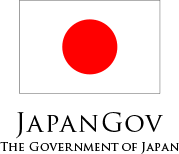Deciding My Future: Evaluating the Impact of Text Messaging on Female STEM Enrollment in Costa Rica
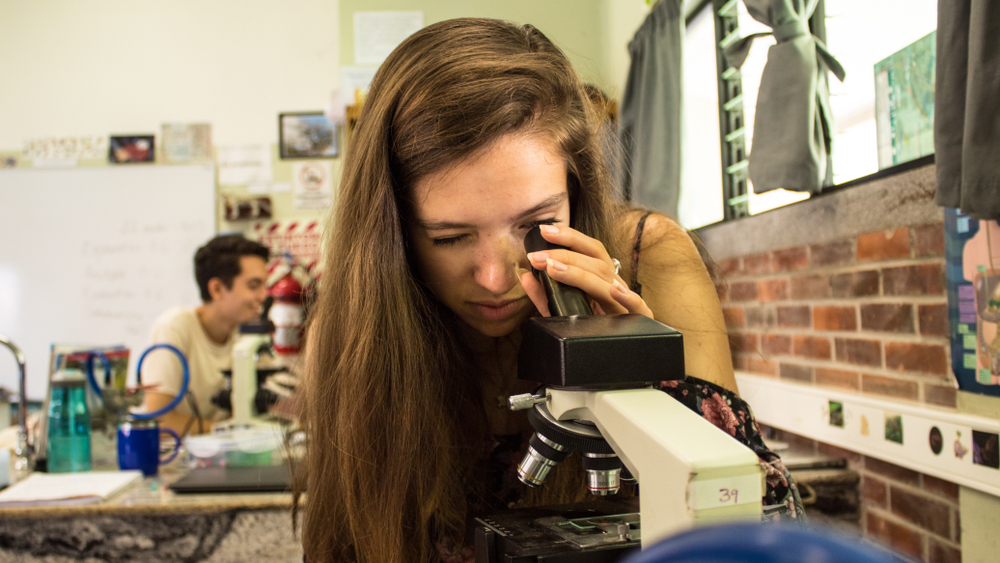
Researchers working with IPA conducted a randomized evaluation to assess the effectiveness of a text message program called "Deciding my Future" in influencing girls' interest in STEM careers in technical schools. The campaign did not significantly affect the average STEM career enrollment among female students, but had an effect on STEM enrollment of girls from low-income households. The evaluation also suggests effects among girls who initially had negative perceptions of STEM careers, underestimated their financial benefits, or had lower levels of gender bias towards STEM.
Women remain significantly underrepresented in Science, Technology, Engineering, and Math (STEM) careers. Factors such as stereotypes, lack of confidence, and limited exposure to science can discourage girls from pursuing these fields. Research suggests that targeted messaging can influence behaviors, prompting the question: could a text messaging campaign effectively boost female participation in STEM?
The "Deciding My Future" campaign in Costa Rica targeted female students and their caregivers with text messages about STEM careers, aiming to increase female participation. Over a 12-week period, the campaign sent texts that provided information, highlighted the benefits of STEM fields, and shared motivational stories from successful women scientists. These messages aimed to dismantle gender stereotypes and build career confidence. To measure the impact of these efforts, researchers in collaboration with IPA conducted a randomized evaluation involving 856 households. These households had female students in 9th grade at professional technical schools planning to continue their education. They were randomly assigned to either receive the text messages or serve as a comparison group.
The campaign did not produce an average effect on STEM career enrollment among female students. However, among girls from low-income households there was a significant effect on enrollment in STEM careers. Results also suggest a positive impact on girls who initially held negative views of STEM careers, underestimated the financial benefits of these roles, or exhibited lower levels of gender bias. Although effective in correcting misconceptions through enhanced information access, the campaign's impact was less pronounced among students with deeply ingrained gender biases. The limited duration of the campaign, approximately 12 weeks, may have contributed to its lack of an average effect. Additionally, the narrow range of STEM career options available in schools and the small sample size in the study may have also limited the detection of statistically significant impacts. However, it is also possible, that middle and upper-income students already had knowledge about STEM careers.
Implementing Partners
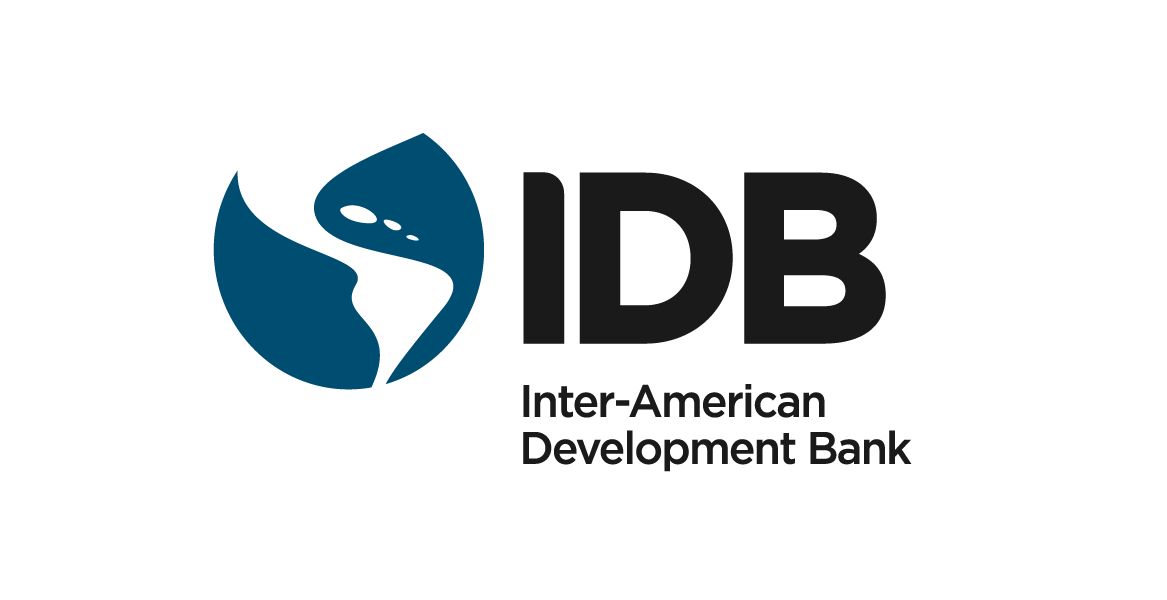
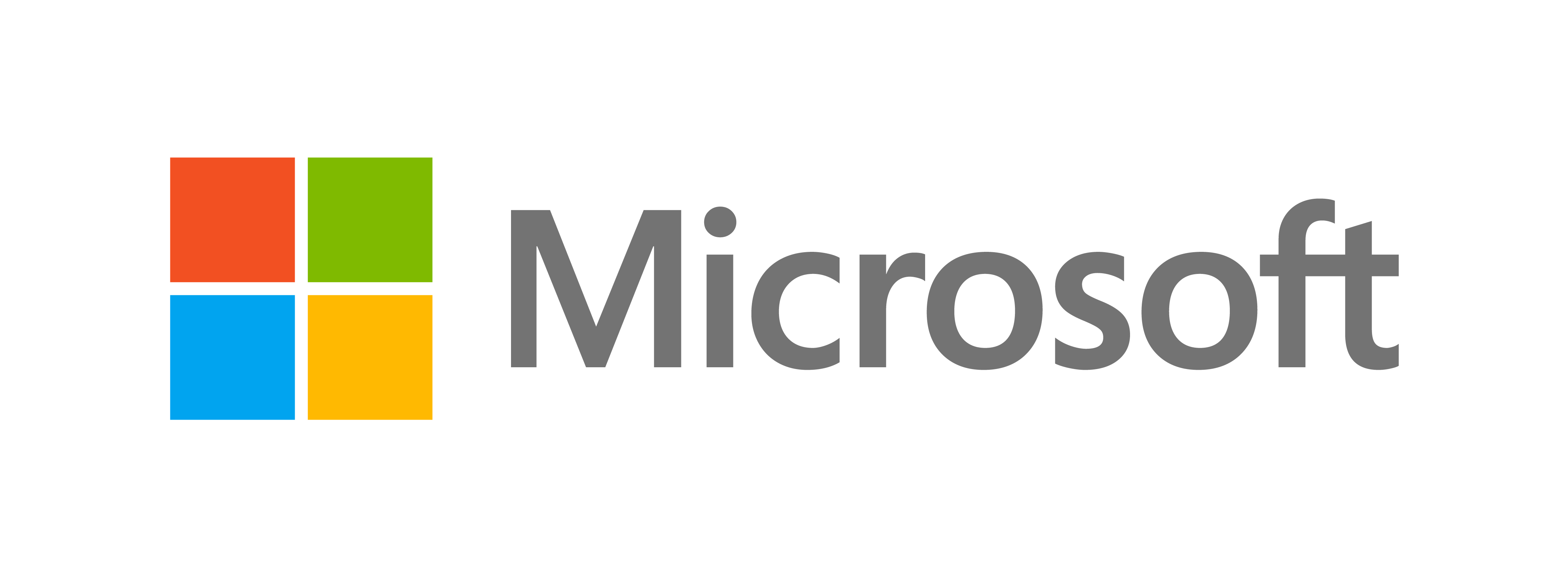
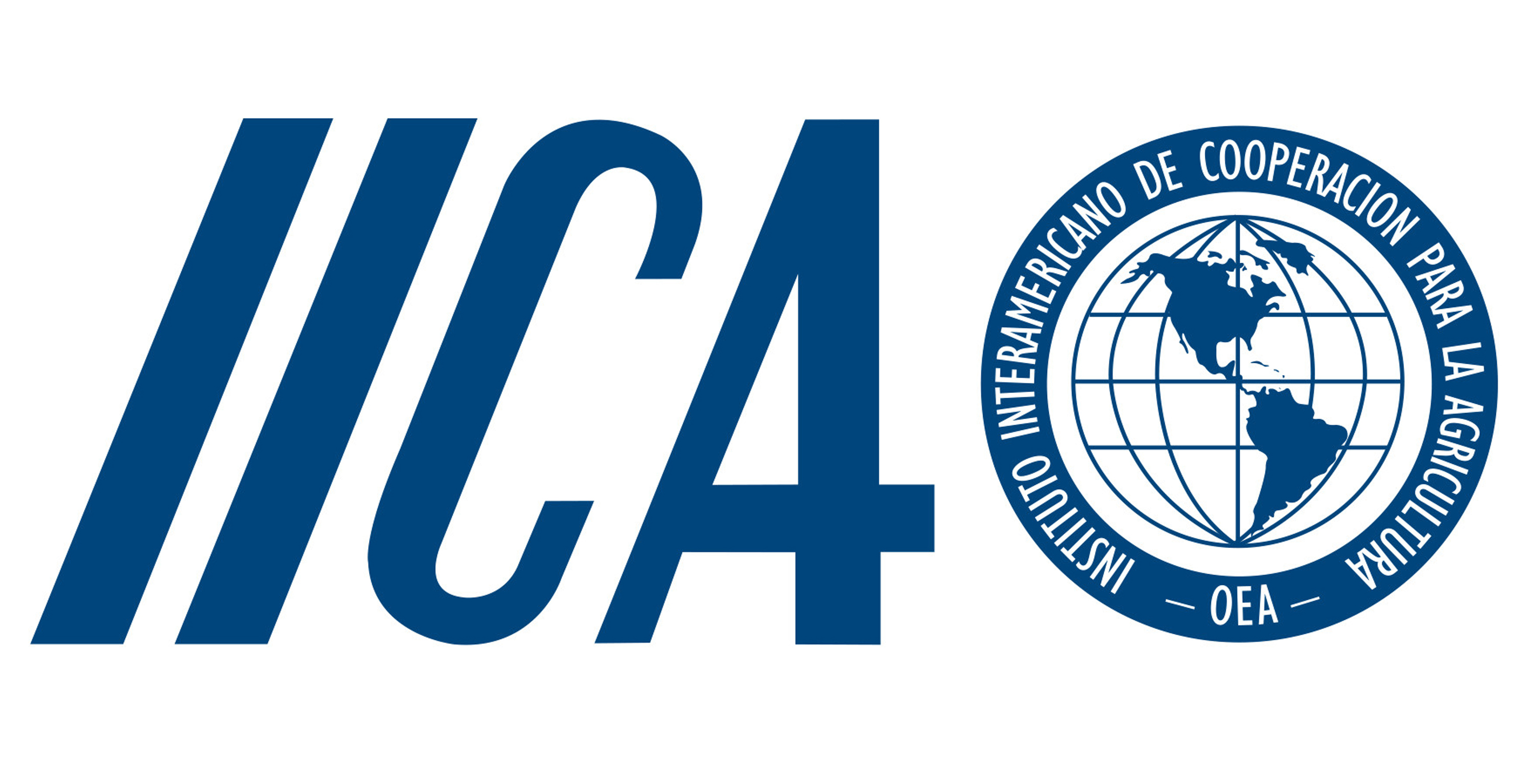
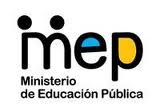
Funding Partner
